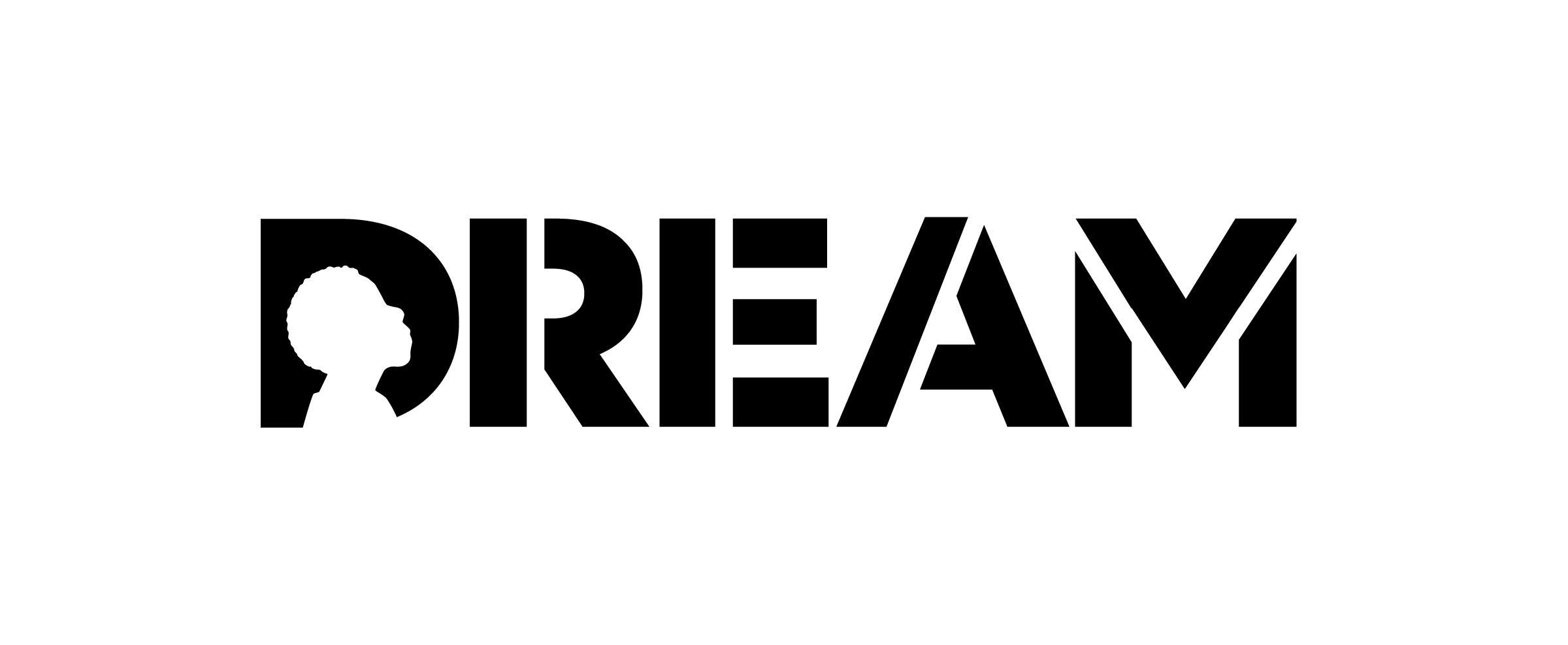
As many athletes already know competitive sports are no joke. Eating disorders are often thought of as a female problem, but they do affect males as well. There are three main types of male eating disorders, all characterized by extreme attitudes toward food.
This is usually rooted in a distorted body image. A person suffering from anorexia will severely restrict their caloric intake for fear of gaining weight, even if they’re underweight or emaciated. You will notice those with anorexia will overtime become extremely thin and refuse to eat in front of family or friends.
Binging is the most common of all the male eating disorders. Binging is when a male will have an episode of overeating accompanied by feelings of shame and loss of control. It can also lead to another one of the most common male eating disorders known as bulimia nervosa.
Bulimia involves periods of binge eating followed by extreme efforts to avoid weight gain such as purging by way of self-induced vomiting, extreme exercise or intense workouts, fasting and diuretic or laxative use.
Again, although eating disorders tend to affect female athletes and girls in general more often than males, men can also suffer from eating disorders.
Young male and female athletes who participate in sports that focus on individual performance, appearance, diet and weight requirements tend to be at a greater risk for developing an eating disorder. Those competitive sports frequently associated with male eating disorders including:
- Swimming & Diving
- Bodybuilding
- Wrestling
- Gymnastics
- Running
- Dancing
- Figure skating
- Rowing
These factors can increase the risk that a young athlete will develop an eating disorder:
- Misconceptions that being thinner makes you a better athlete
- Having a coach who focuses on competition and success rather than sportsmanship and the “whole person”
- Having suffered physical or sexual abuse or another trauma
- Having low self-esteem
- Feeling family pressure to be thin
- Having family members with eating disorders
- Constant dieting
To protect our kids with eating disorders we can start by encouraging your young stars to focus on healthy ways to improve performance, like working on their physical strength and mental attitude. Check that their coaches are a positive influence and never make derogatory comments about weight. Also make sure they can recognize the warning signs of male eating disorders.
Keep watch on their social influences and teammates that make sure they are promoting healthy attitudes related to weight, diet and self-image. Also that there are no inappropriate social pressures related to these same areas.
Finally discourage frequent weigh-ins, and stress health and fitness over a particular number on the scale.
DREAM, one of the Midwest’s well-known youth mentoring organizations, provides life-changing and life-enriching experiences to at-risk youth through mentoring and after-school programs in Omaha, Nebraska, and Springfield, Missouri. Their proven approach puts children in a comfortable setting where they’re encouraged to discuss openly, learn, and grow as individuals. Are you interested in getting involved with DREAM? Contact us today.


